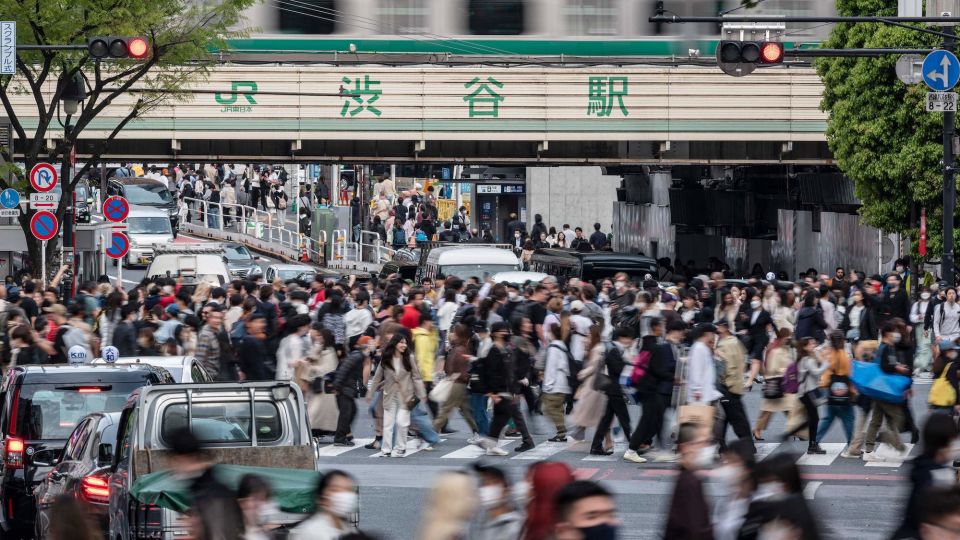Everyone in Japan could one day have the same surname unless its restrictive marriage laws change, according to a new study. But the country’s dwindling marriage rate could buck that trend and a rapidly declining population might render it moot entirely.
Unlike most of the world’s major economies that have done away with the tradition, Japan still legally requires married couples to share the same surname. Normally, wives take their husband’s name – and same-sex marriages still aren’t legal in Japan.
A movement to change the rules around surnames has been brewing, led by women’s rights advocates and those trying to preserve the diversity of the Japanese surnames in a nation where a handful of names are becoming increasingly common.
If the rules carry on, all Japanese people could have the surname Sato by 2531, according to Hiroshi Yoshida, an economist from Tohoku University in Sendai, who led the study.
According to Myoji Yurai, a company that tracks Japan’s more than 300,000 surnames, Sato is currently the most common, followed by Suzuki. Takahashi comes third. About 1.8 million people out of Japan’s 125 million population have the surname Sato, Myoji Yurai says on its website.
Yoshida – whose family name ranks 11th most common – was commissioned by the “Think Name Project”, a group demanding legal changes to allow couples to keep both their last names.
The professor, who unveiled his latest study on Monday, conceded that his projection would only hold up if the country could overcome what is already one of its most pressing crises: an ever-declining marriage rate.
The number of marriages in Japan declined by nearly 6% in 2023 from the previous year – dipping below 500,000 for the first time in 90 years, while divorces were up by 2.6% last year, according to official figures.
Yoshida told CNN that “if lots fewer people marry than expected, there is a possibility that this calculation could be different.”
Yoshida also pointed out in his study that Japan’s population could shrink massively over the next millennium, because of its declining birth rate.
“The possibility of that the Japanese race going extinct is high,” he said in his report.
According to government figures released last year, the proportion of Japan’s elderly, defined as age 65 and above, is at a record high, comprising 29.1% of the population – the highest rate in the world.
Japan’s population has been in steady decline since its economic boom of the 1980s, with a fertility rate of 1.3 – far below the 2.1 needed to maintain a stable population, in the absence of immigration. Deaths have outpaced births in Japan for more than a decade, posing a growing problem for leaders of the world’s fourth-largest economy.
Prime Minister Fumio Kishida issued a dire warning about the population crisis in January last year, saying it was “on the brink of not being able to maintain social functions” due to its falling birth rate.
Across much of East Asia, people’s names are generally less diverse than in Western countries. For example, according to government figures from 2020, about 30% of people in China are named Wang, Li, Zhang, Liu or Chen. And the vast majority of the population – almost 86% – share just 100 surnames.
Name extinction is also a naturally occurring phenomenon called the Galton-Watson process, which posits that in patrilineal societies, surnames are lost or die out over time with each new generation as women take on their husbands’ surnames.
For more CNN news and newsletters create an account at CNN.com



